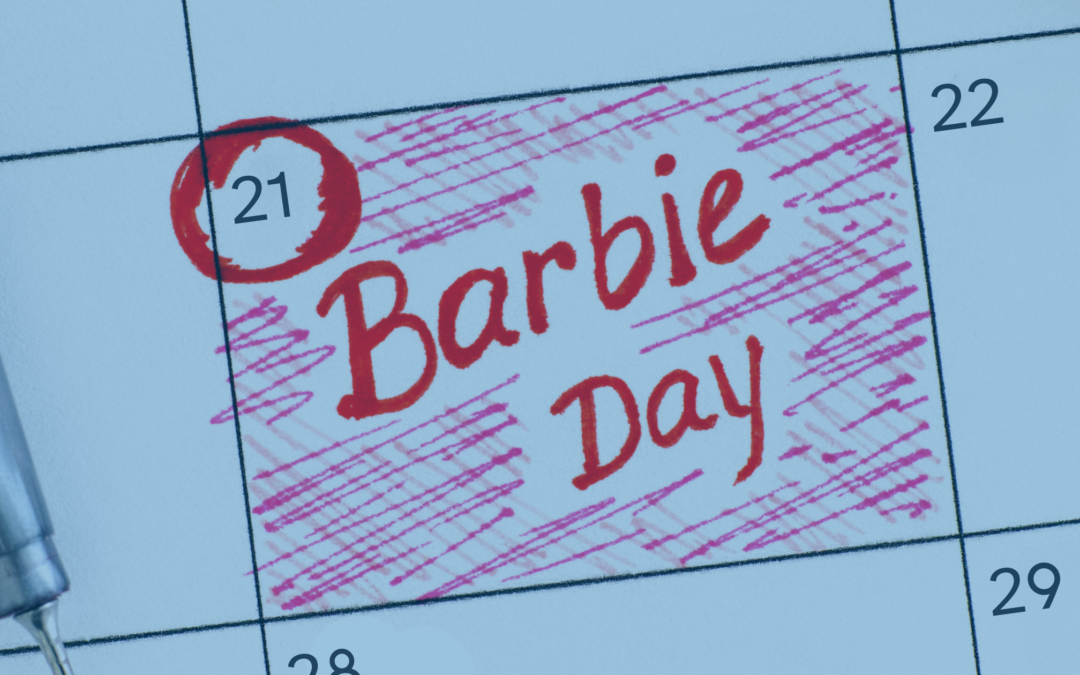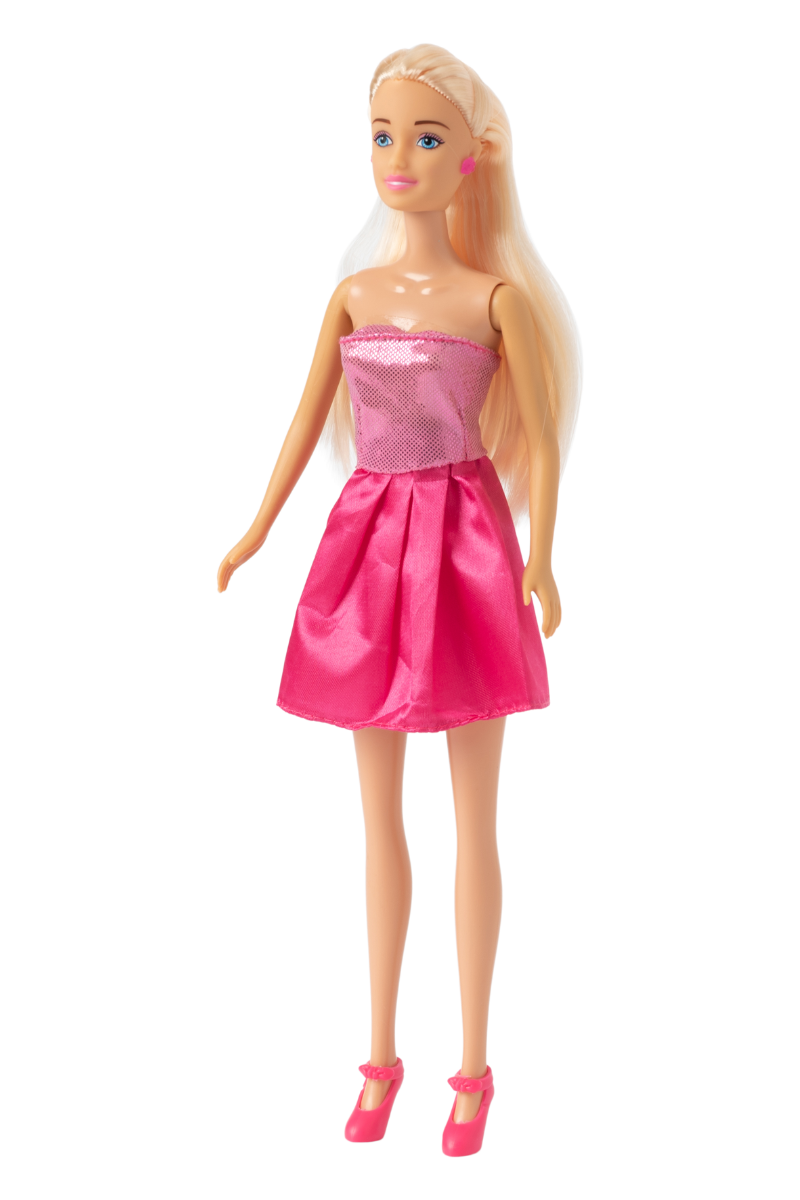The short answer is yes. In fact, not only did Mattel approve “Barbie”, directed by Greta Gerwig, it is also the first film from Mattel Films. The famous doll’s big screen appearance caused a social media storm. It smashed box office records and sparked discussions on society’s expectations of women.
The movie stood out because Mattel chose to confront its past mistakes and critique the history of the Barbie brand. This made for a both entertaining and a bold strategic film.
Owning the criticism with grace
Watching the Barbie movie made it clear that the film wasn’t just a celebration of the brand’s success. Instead, it confronted the mistakes made by Mattel and the Barbie brand over the years.
From failed toy lines and perpetuating unrealistic images of beauty. Not to mention, having leadership composed mostly of middle-aged white males. As a public relations graduate, I admired Mattel’s honesty and direct approach to addressing their missteps.
Honestly, I don’t think many companies, big or small, would have the guts to do that. I think burying your head in the sand and not being honest about what your company doesn’t do well is really hard. Prompting many, including myself, to see this as a smart rebrand tactic.
Business leaders, take a note from Barbie
Whether you are a company founder or executive, you probably have loyalty to your company. Your first response to criticism may be to refute any negativity and justify your actions.
This is as effective as when you try to blame your friends for cigarettes (or a vape pen) your parents found in your car. Or when your first boss gives you constructive feedback and you grumble about it.
However, “Barbie” teaches us a valuable lesson in humility and self-reflection. Just like Mattel, owning up to our company’s mistakes and shortcomings can lead to genuine growth and progress.
Does Barbie live up to the hype?
Your audience and the market are your parents and your boss. The market makes the call. If the audience says that Mattel and Barbie are guilty of causing generations of women to have body issues, then Mattel is guilty. Maybe the market says that a Skipper doll that grows breasts is a terrible and inappropriate idea, then it is a terrible and inappropriate idea. Or the world says that having Mattel and its flagship Barbie brand led by middle-aged white executives is tone-deaf, then it is tone-deaf.
Throughout the Barbie movie, Mattel owned its historical misses with a mix of sincerity, humility and self-mockery. Personally, I am impressed that any company, let alone one the size of Mattel, is so open to owning its mistakes.
So far, it seems that the audience received “Barbie” very well. The movie had mostly positive feedback with 83 percent of Google users liking the movie, a certified fresh score of 90 percent on Rotten Tomatoes and earning a 7.6/10 on IMDb.
Taking on your shortcomings as a business is hard. As a business leader, your company is an extension of you. Your company mistakes are your mistakes. I think that’s why we get so defensive. If our company releases a bad product, causes harm, or makes a public blunder our first instinct may be to justify it. But owning your mistakes, taking them head on and setting about a course for change is the bolder, bigger move.

